Wine, art, nature, simplicity and good taste – these are the words to define the current Morgado do Quintão.
Where the Monchique mountains meet the Atlantic ocean, amongst orange groves and olive orchards locates this family-owned vineyard estate, in the Algarve, the emerging but beautiful wine region of Portugal.
In the Algarve, the Tartessians are believed to have been the first to plant vines, before later, in around 2000 BC, the Phoenicians brought with them grape varieties and winemaking techniques.
In the early 1800s, the Count of Silves, Francisco Manuel Pereira Caldas, founded Morgado do Quintão and planted the first of his vines in the red soil. After he produced the first harvest, the next generations built on his legacy to grow what are some of the oldest vines in the Algarve, the indigenous grapes like Negra Mole and Crato Branco, from that make up their award-winning wines.
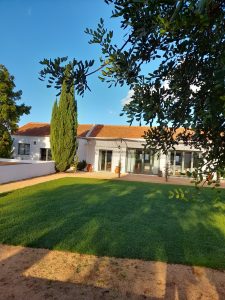
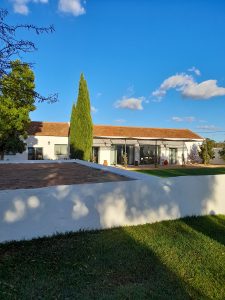
The Estate remained in the same family, now with the 4th generation.
For years it was one of the biggest patches of Algarve vineyards.
Crato Branco (its synonyms are the Roupeiro and Syria), Negra Mole and Castelão are the predominant trios of varieties planted in 13 hectares of vineyards.
The oldest strains are over 70 years old. The property, which covers a total area of 60ha, will soon see another ten hectares of vines born. The vine is dry and is being converted to organic.
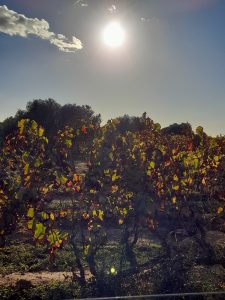
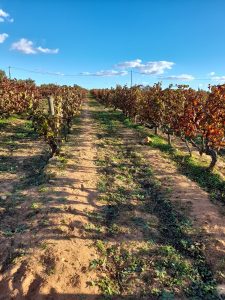
In recent decades, the grapes produced were delivered to the local cooperative winery, Lagoa. But, responding to the old vineyards, in the last four years their production has grown from 2.000 to 20.000 bottles produced annually.
A Clarete and a Palhete were the first bottled wines, 3,500 units from the 2016 vintage. In 2017, a white from old vines was added, increasing production to 7,500 bottles, which rose to 20,000 in 2018.
Over the 200 years, each of four generations made their own unique mark on the land and paved a path for the next. Their ancestors planted not only the vines but an important legacy in the Algarve; they played a significant part in shaping the wine and agriculture of the region, as well as in the cork, fishing and canning industries, sponsoring philanthropic and social initiatives and providing funding for hospitals and schools to help to shape Algarvian communities.
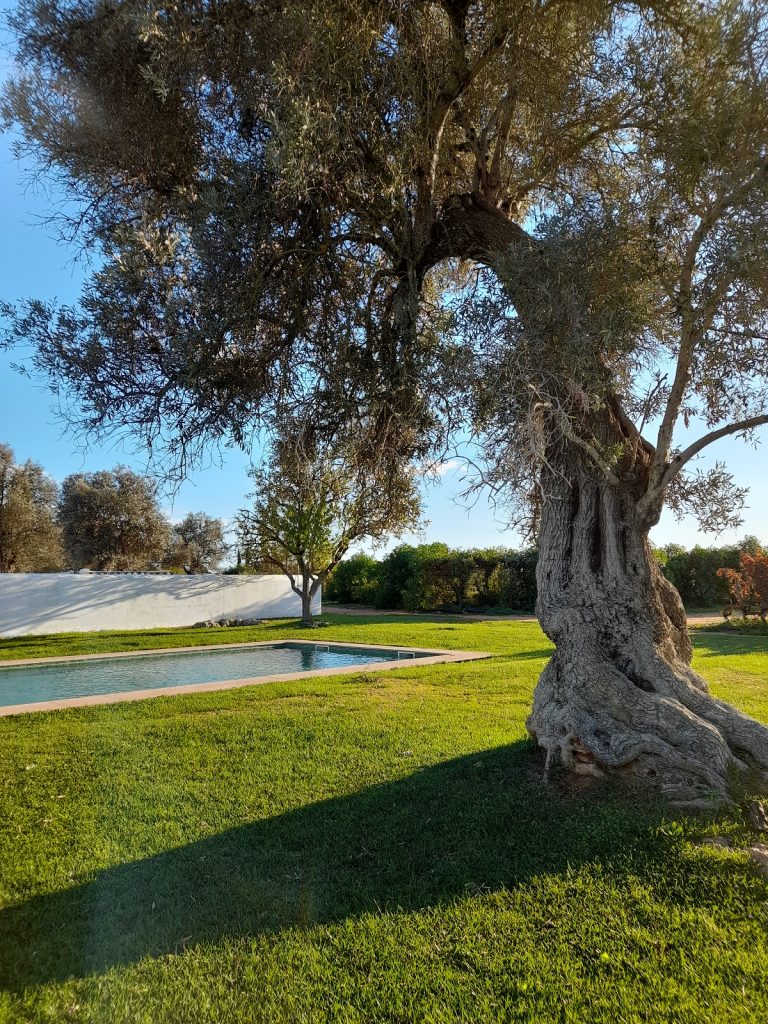
Their winemaker is Joana Maçanita, who is a leading figurehead of female representation in the wine industry and one of Portugal’s most innovative and well-renowned vintners.
Playing with low intervention, chemical-free, organic methods they bring a contemporary spirit to their estate and work to protect their rich and diverse environment.
Since their first vintage in 2016, they have been recognized for pushing boundaries in a new era for Algarvian wine. As one of the first vineyards in the Algarve, their wines are proudly represented in 3-star Michelin restaurants around the world.
Their wines called ‘Palhete’ and ‘Clarete’ are the truest examples of historical winemaking in the Algarve and that they are some of the clearest representatives of the Algarvian profile.
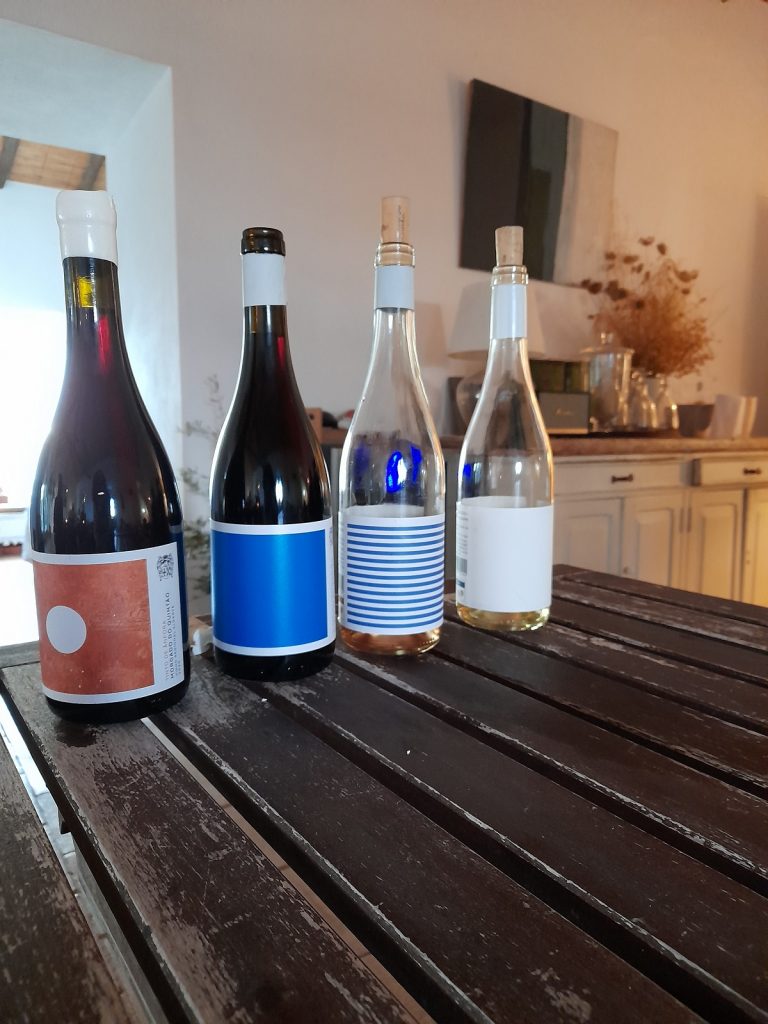
The labels are appealing, in some cases minimalist.
The Morgado do Quintão was one of the first wine producers in Portugal to remove the name of their estate from the front and center of the bottles, allowing the abstracted design to communicate their vision, drawing inspiration from elements that inform their purpose; the big blue ocean, the Algarve’s beaches, the Monchique mountains or the linear stripes that make reference to the uniformed, traditional arrangement of their old vines.
In order to promote art, culture and education, and also to honor their mother who was a visual artist, painter and sculptor, Morgado do Quintão offers creative individuals an inspiring environment in which they can produce enduring works through an artist residency program.
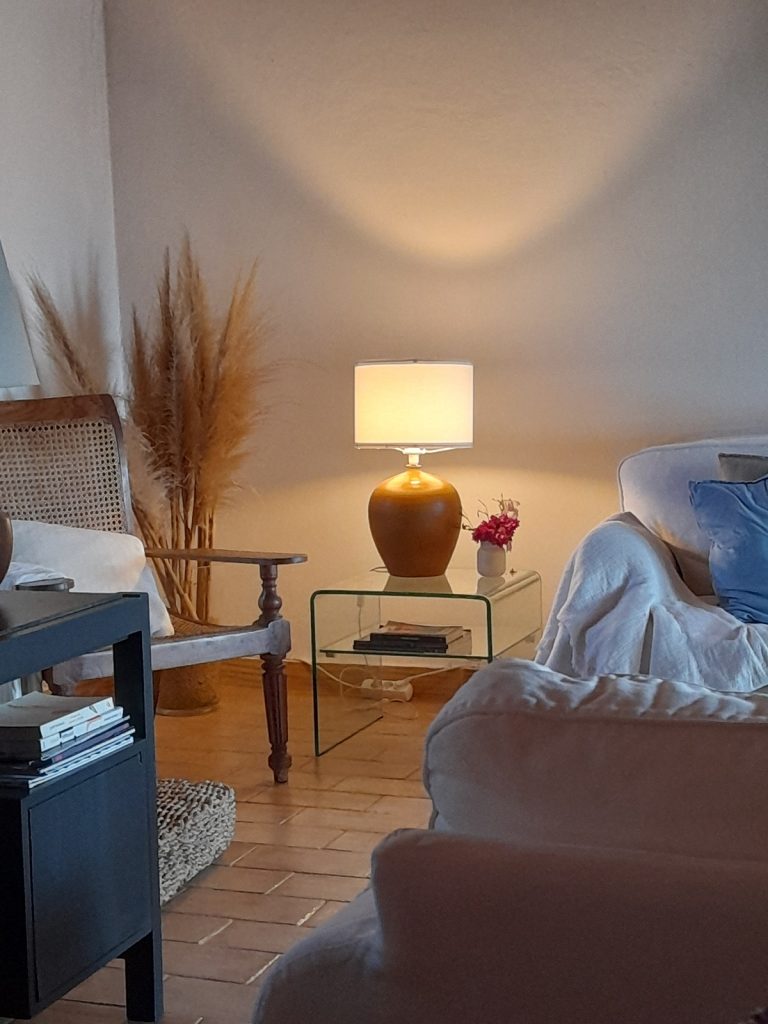
Beyond the vines, olive groves, and almond orchards here amongst the estate, they also open up their gates to people from around the world to stay in their old whitewashed vineyard cottages.
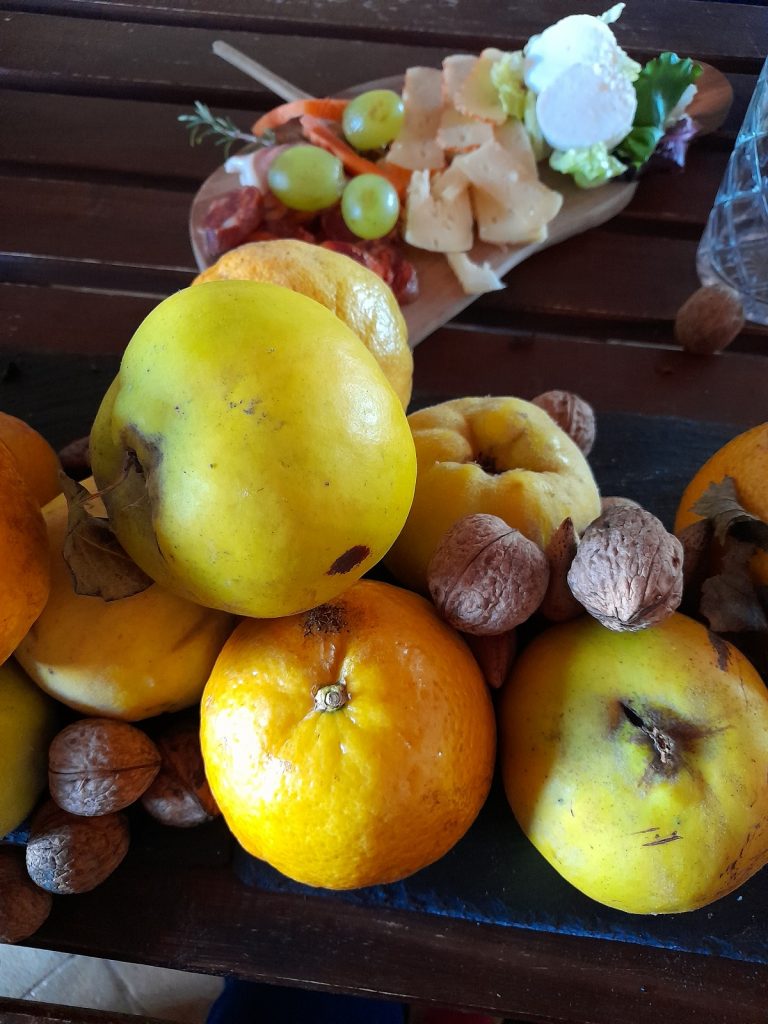
The potential is great. The possibility of a winery is the increase in wine tourism; there are daily wine tastings, three weekly wine lunches and the offer of accommodation in three restored houses, where the traditional exterior is combined with contemporary interiors.
Do you want to taste them?
Branco Especial ’18
Branco Vinhas Velhas ’18
Clarete ’18

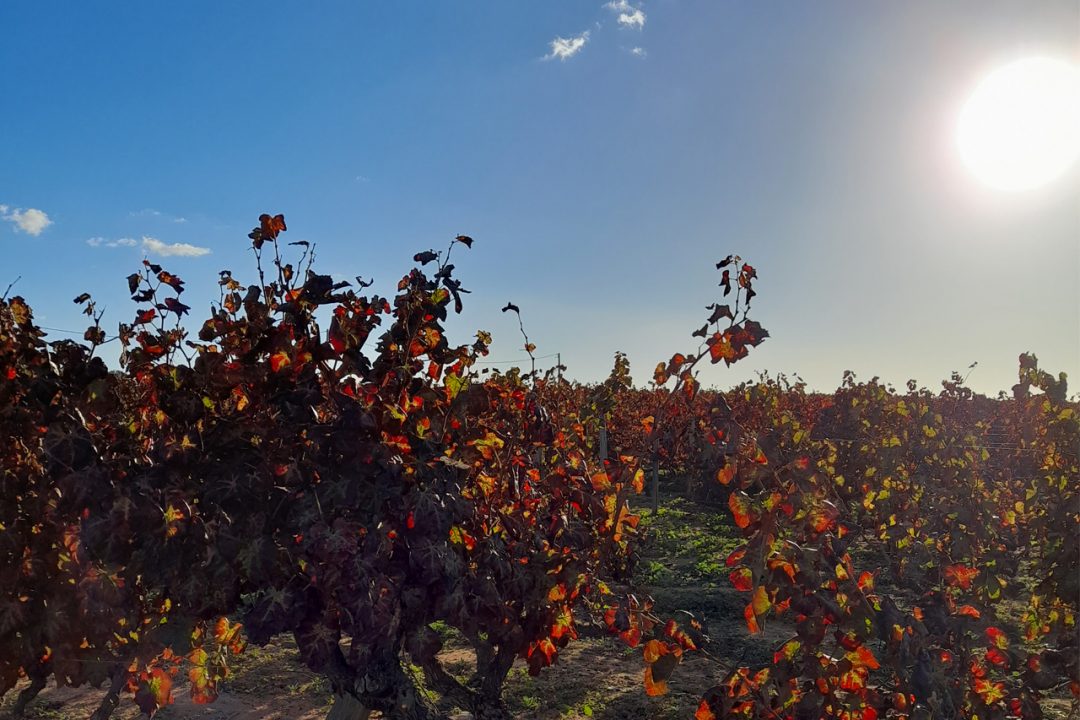
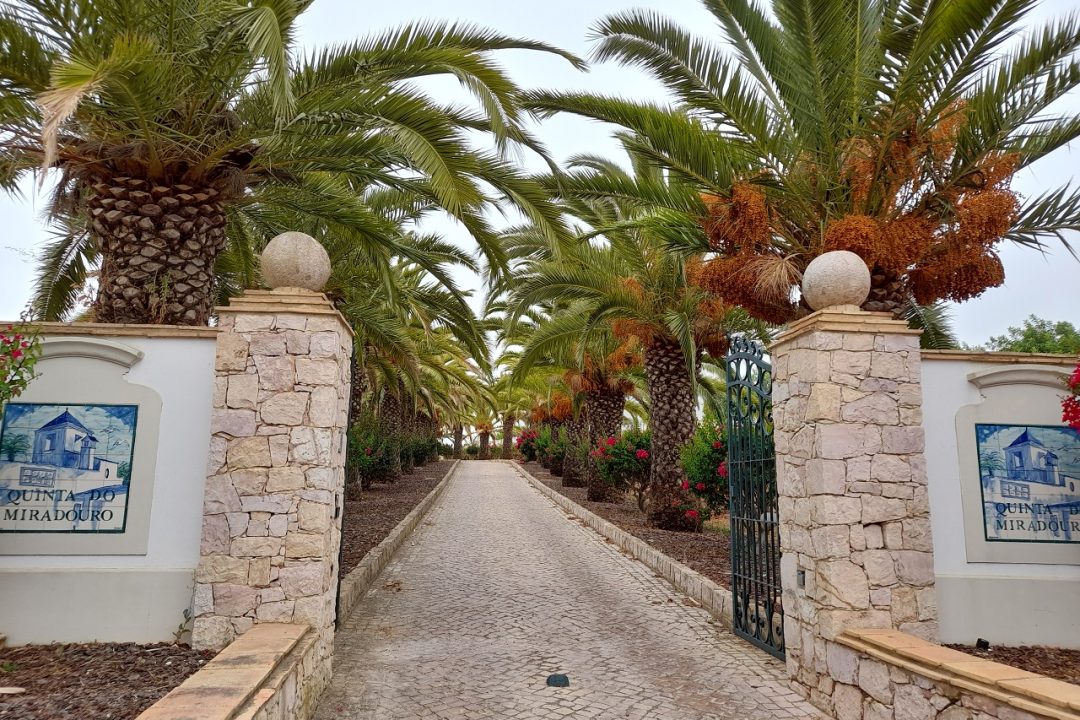
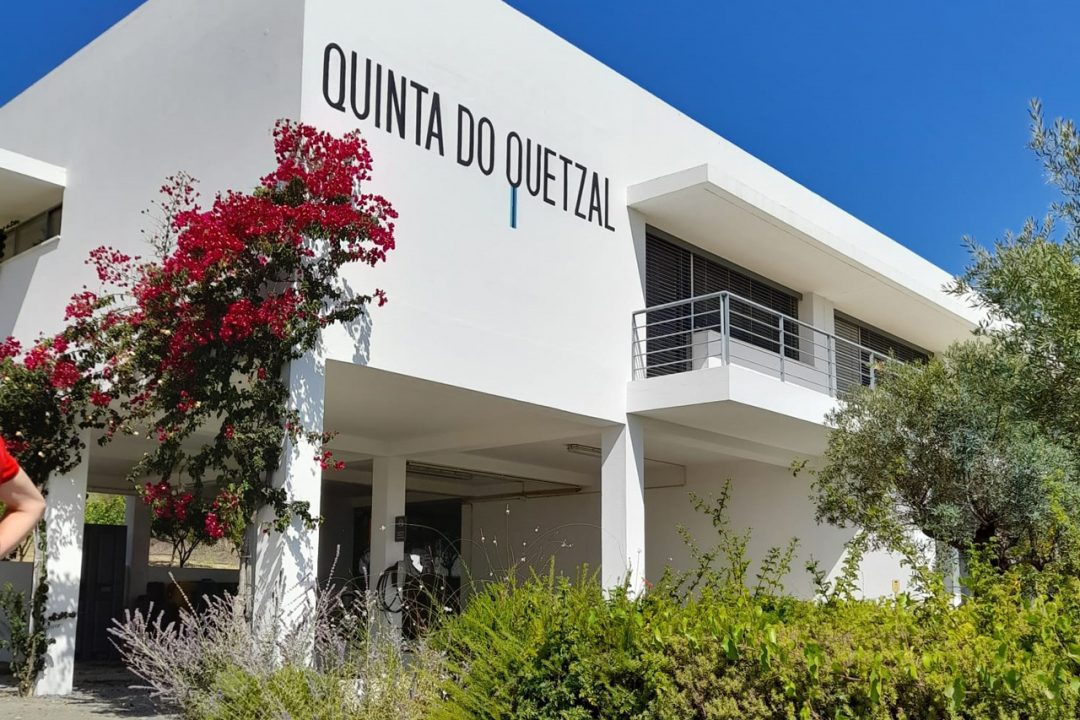
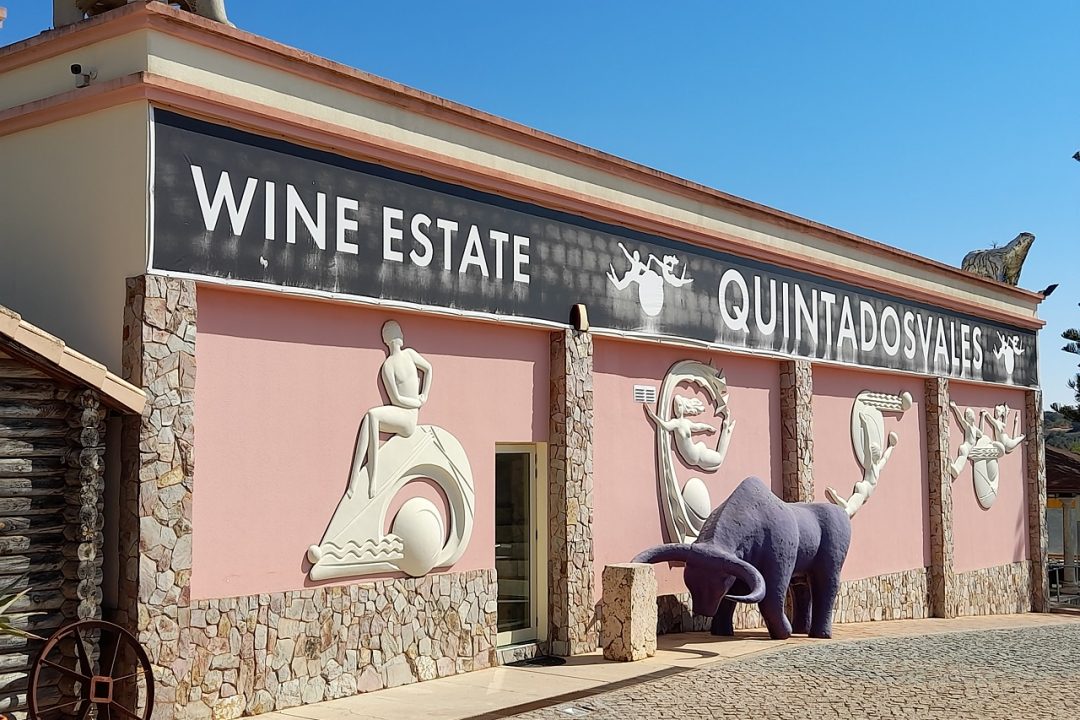

No Comments Found